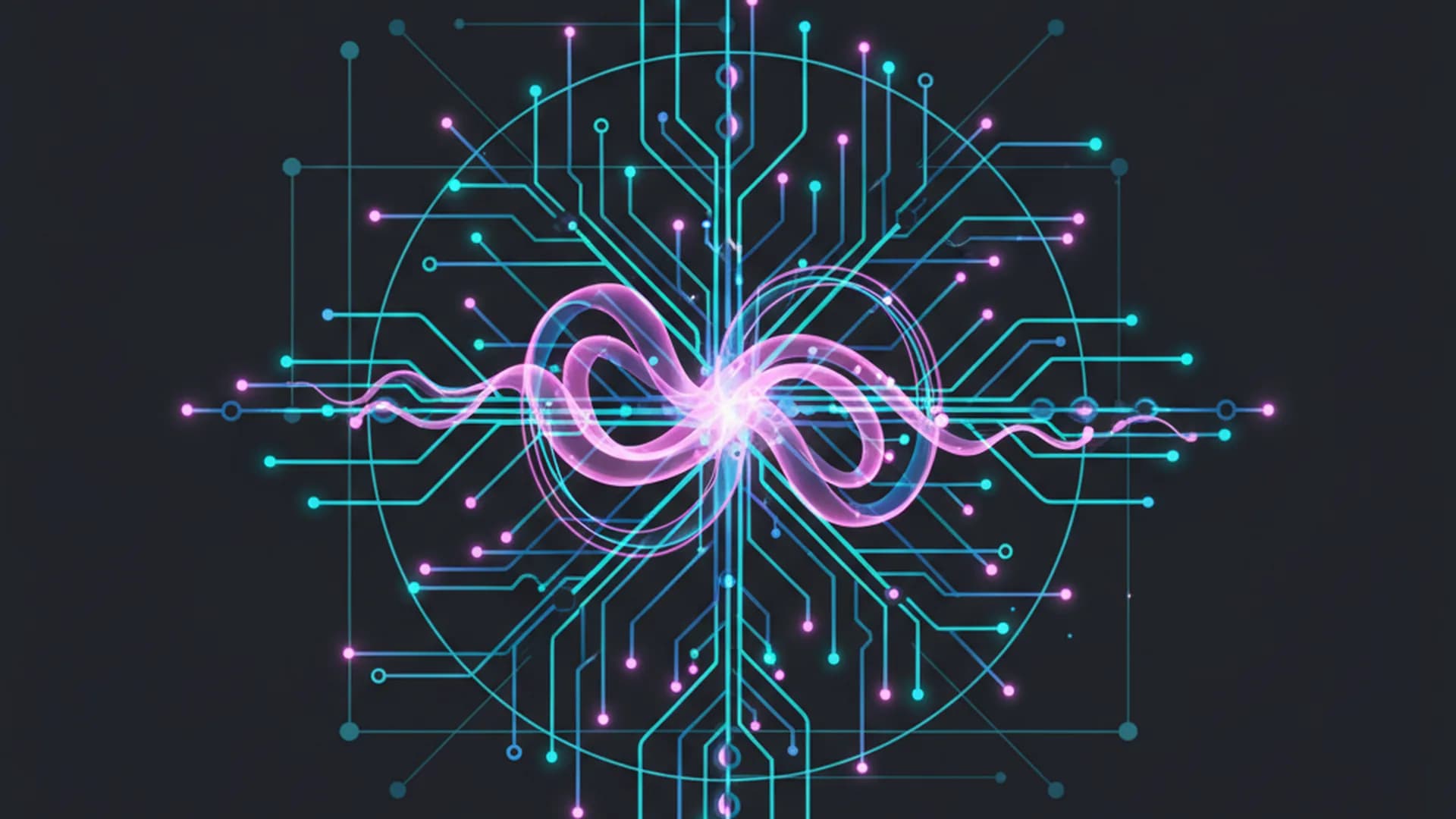Ultra-Stable Artificial Synapse Excels at Pattern Recognition
Source PublicationACS Applied Materials & Interfaces
Primary AuthorsWu, Jiang, Qiao et al.

In the quest for brain-like, or 'neuromorphic', computing, researchers have engineered a new type of artificial synapse. This two-dimensional ferroelectric device uses an asymmetric design, incorporating a special dielectric layer to achieve its impressive performance. It can hold 16 stable conductance states—think of them as different levels of electrical memory—and maintains them reliably even after 16,000 electrical pulses, emulating the learning behaviour of biological synapses.
When its functionality was tested in a simulated artificial neural network, the device achieved a high accuracy of 96.3% for recognising handwritten digits. More impressively, it was also able to recognise and reconstruct images where one-third of the information was missing. This work lays the foundation for creating advanced recognition systems that are both highly precise and resistant to interference.